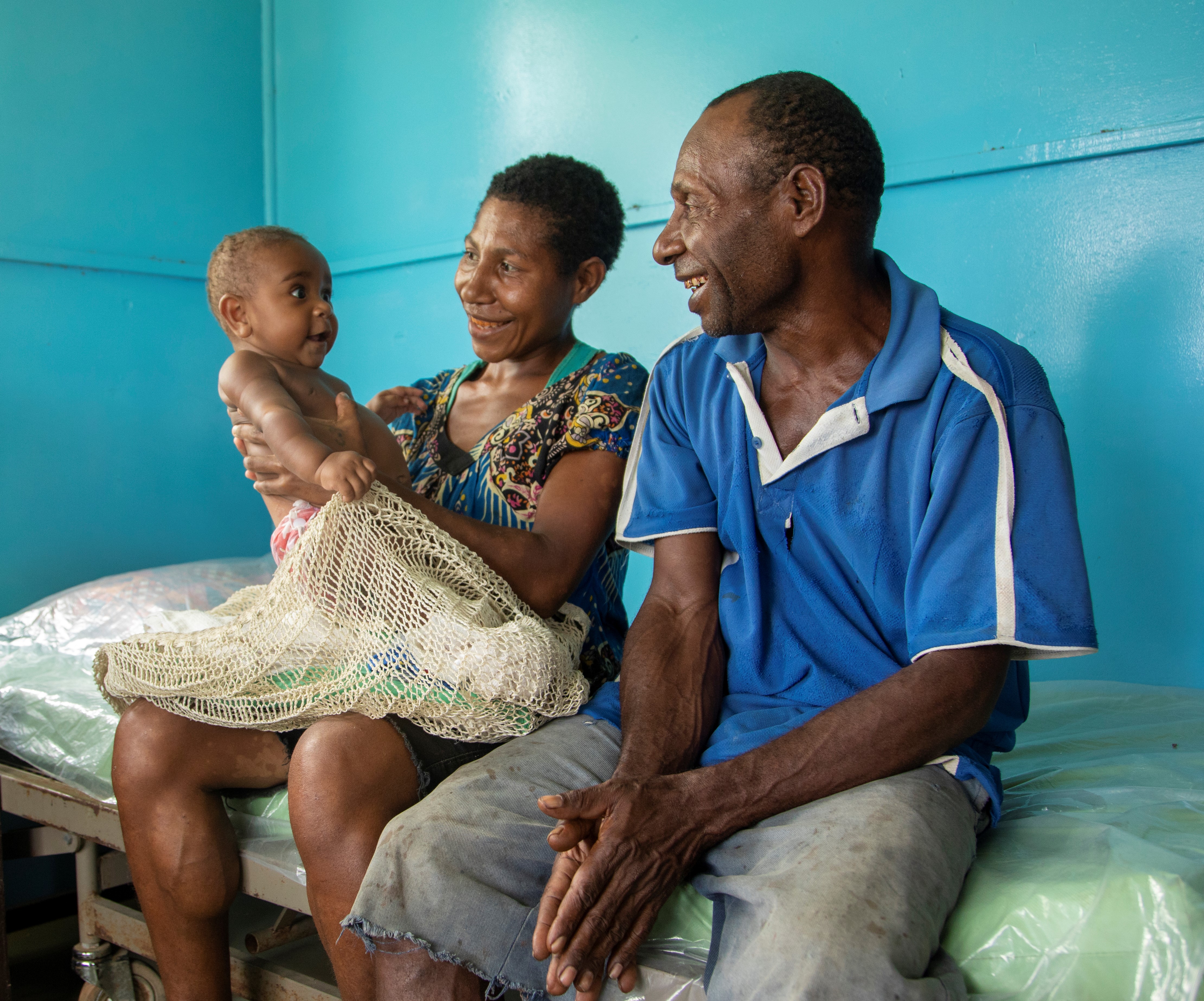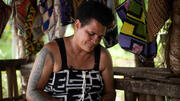-
Country Pages
-
Asia & the Pacific
- Afghanistan
- Bangladesh
- Bhutan
- Cambodia
- China
- India
- Indonesia
- Iran, Islamic Republic of
- Lao People's Democratic Republic
- Malaysia
- Maldives
- Mongolia
- Myanmar
- Nepal
- Pakistan
- Papua New Guinea
- Philippines
- Sri Lanka
- Thailand
- Timor-Leste
- Viet Nam
-
Eastern Europe & Central Asia
- Albania
- Armenia
- Azerbaijan
- Belarus
- Bosnia and Herzegovina
- Georgia
- Kazakhstan
- Kosovo Office
- Kyrgyzstan
- Moldova, Republic of
- North Macedonia
- Serbia
- Tajikistan
- Türkiye
- Turkmenistan
- Ukraine
- Uzbekistan
-
Arab States
- Algeria
- Djibouti
- Egypt
- Iraq
- Jordan
- Lebanon
- Libya
- Morocco
- Oman
- Palestine
- Somalia
- Sudan
- Syrian Arab Republic
- Tunisia
- Yemen
-
East & Southern Africa
- Angola
- Botswana
- Burundi
- Comoros
- Congo, the Democratic Republic of the
- Eritrea
- Eswatini
- Ethiopia
- Kenya
- Lesotho
- Madagascar
- Malawi
- Mauritius
- Mozambique
- Namibia
- Rwanda
- Seychelles
- South Africa
- South Sudan
- Tanzania, United Republic of
- Uganda
- Zambia
- Zimbabwe
-
Latin America & the Caribbean
- Argentina
- Bolivia, Plurinational State of
- Brazil
- Chile
- Colombia
- Costa Rica
- Cuba
- Dominican Republic
- Ecuador
- El Salvador
- Guatemala
- Haiti
- Honduras
- Mexico
- Nicaragua
- Panama
- Paraguay
- Peru
- Uruguay
- Venezuela, Bolivarian Republic of
- Caribbean (multi-country)
-
West & Central Africa
- Benin
- Burkina Faso
- Cabo Verde
- Cameroon
- Central African Republic
- Chad
- Congo
- Côte d'Ivoire
- Equatorial Guinea
- Gabon
- Gambia
- Ghana
- Guinea
- Guinea-Bissau
- Liberia
- Mali
- Mauritania
- Niger
- Nigeria
- Sao Tome and Principe
- Senegal
- Sierra Leone
- Togo
-

UNFPA Papua New Guinea
A lower middle-income country, Papua New Guinea is home to one of the world’s most ethnically diverse populations. Most people live in rural areas, often in areas of difficult access. This represents a complex challenge for health care and social services delivery. Fertility rates are high. UNFPA started work in Papua New Guinea in 1996. It helps improve the quality of and access to maternal, newborn, child and adolescent health services, including for sexual and reproductive health. Programmes support in achieving the national development plans, extending measures to prevent and respond to gender-based violence, and collecting and analysing population data for development planning.
Photo credit: Pidgen Production/UNFPA PNG
Population
- Population aged 0-14
- Population aged 15-64
- Population aged 65+
Sexual and reproductive health
- Births attended by skilled health personnel
Family Planning
- Modern method
Education
Gender, Rights, and Human Capital
Harmful Practices
News
The threads that bind: How bilum-weaving in Papua New Guinea tells stories from the lives of women and girls
GOROKA, Papua New Guinea – ”The bilum is woven by women. The fibre is twisted by women. The designs are created by…
Protecting women and girls after the earthquake in Papua New Guinea
Women in earthquake-affected areas need services and supplies to support their reproductive health, safety and dignity.


Social Updates
Tweets from UNFPATürkiye